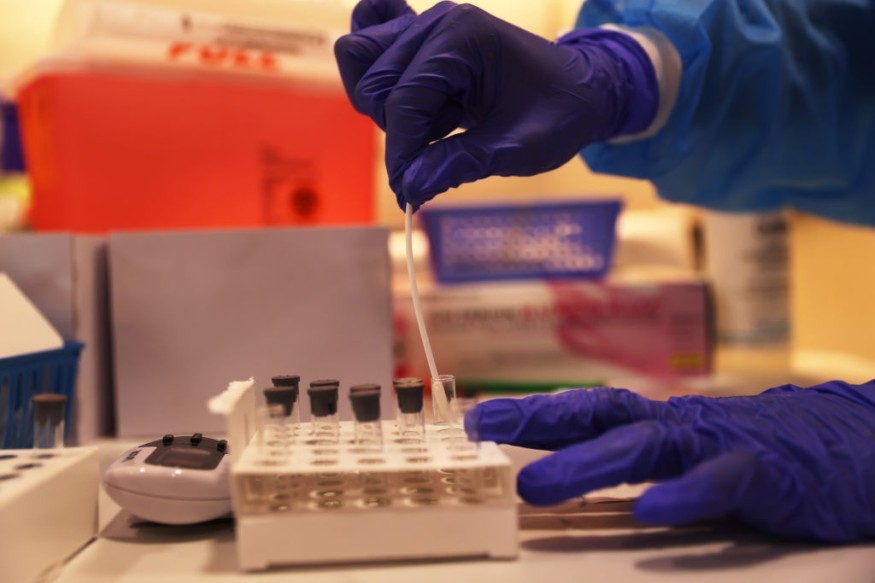U.S. Still Not Ruling Out Lab Accident as COVID-19 Origin, Despite WHO Saying It's 'Unlikely'

The United States is not yet ruling out the possibility that the origin of the COVID-19 came from a laboratory leak in China, despite the World Health Organization's (WHO) finding that the virus outbreak most likely initially infected humans through an animal host.
Officials continue to sort through the intelligence about the Chinese government's initial handling of the outbreak, American and Western officials told NBC News.
A spokesman for the Office of the Director of National Intelligence said the agency is standing by a public statement it released last April, saying that American intelligence agencies would continue to probe emerging information and intelligence to determine if the outbreak began through contact with infected animals or a result of a lab accident in Wuhan, NBC News reported.
U.S. officials have not made public any evidence proving a lab accident, while most scientists who have studied the matter said that such a scenario is unlikely.
However, President Joe Biden's administration has faulted China in recent days for what they said was a lack of transparency around the virus' origins. They have also criticized how the WHO last week presented the initial findings of a visit to Wuhan.
WHO Investigation on Whether COVID-19 Virus Leaked From Wuhan Lab
After visiting three labs in China, WHO investigators said that they found no signs that a lab accident could have caused the outbreak. A WHO researcher said the organization was pausing any further inquiry into that theory.
Last week, Peter Ben Embarek, WHO food safety and animal diseases expert, said their initial findings suggest that the coronavirus likely spread from an animal to humans.
Embarek noted that the lab incidents hypothesis "is extremely unlikely to explain the introduction of the virus to the human population."
"Therefore it is not a hypothesis that we advise to suggest future studies... into the understanding of the origin of the virus," he said in a Fox News report.
The Wuhan Institute of Virology has collected extensive virus samples, which led to claims it may have caused the initial outbreak by leaking the virus into the surrounding community. China has strongly rejected that possibility and has promoted other theories that the virus may have originated elsewhere.
The WHO team was composed of experts from 10 countries, with a mission to determine the origins of the virus. It is believed that the coronavirus originated from bats before being passed to humans through another species of wild animals, such as a pangolin or bamboo rat, considered by some people in China to be an exotic delicacy.
Embarek further noted that transmission through trade-in frozen products was also a possibility. According to a Newsweek report, tracing the origin of a new virus is not easy as it took researchers at the Wuhan more than a decade to trace the 2002-2003 SARS virus to remote bat caves in Yunnan province.
In early February, China's Academy for Military Medical Sciences said it was impossible for them to scientifically determine whether the COVID-19 outbreak was caused naturally or accidentally by a laboratory incident.
The Chinese government's initial analysis showed that a natural outbreak of SARS-CoV-2, a new coronavirus that causes COVID-19, likely emerged from Wuhan city's Huanan Seafood Market.
Subscribe to Latin Post!
Sign up for our free newsletter for the Latest coverage!

















